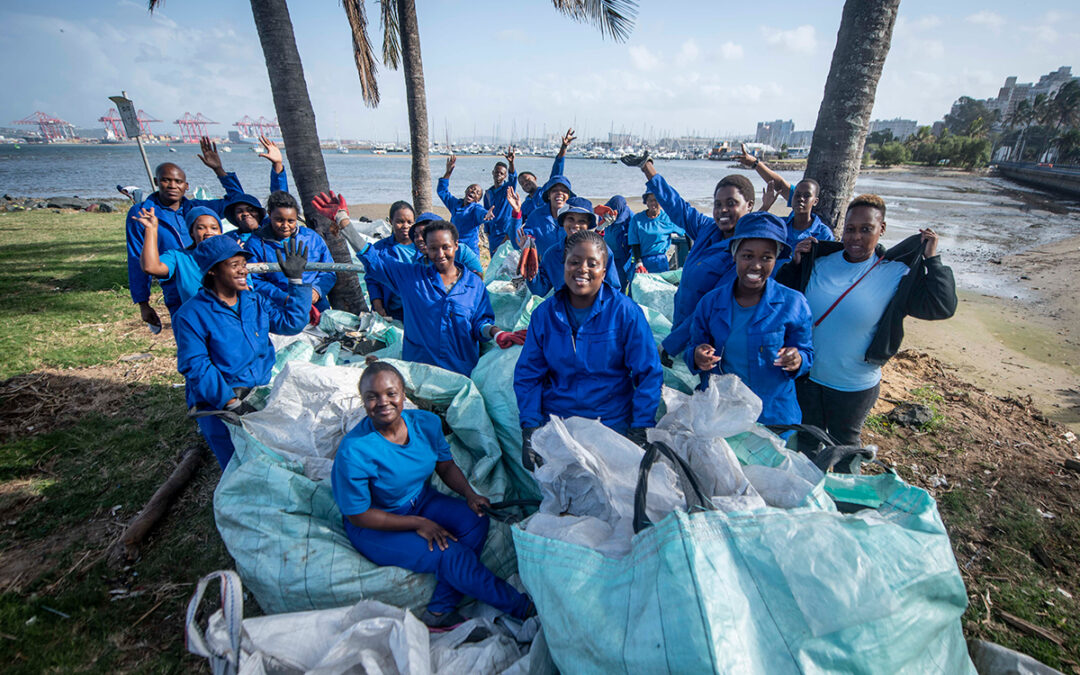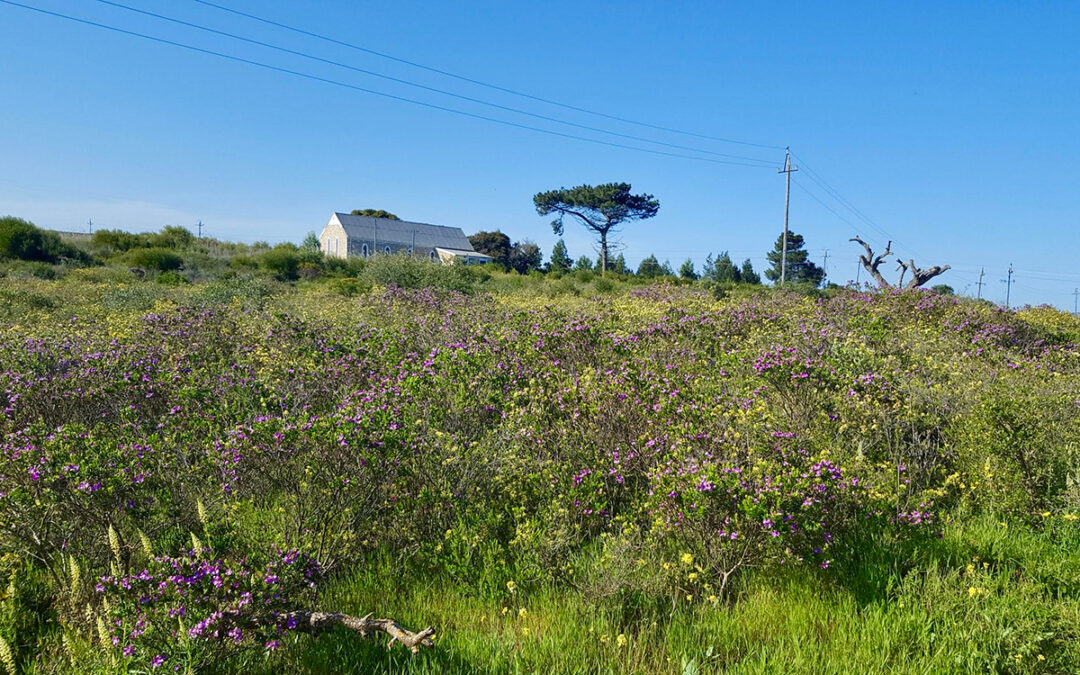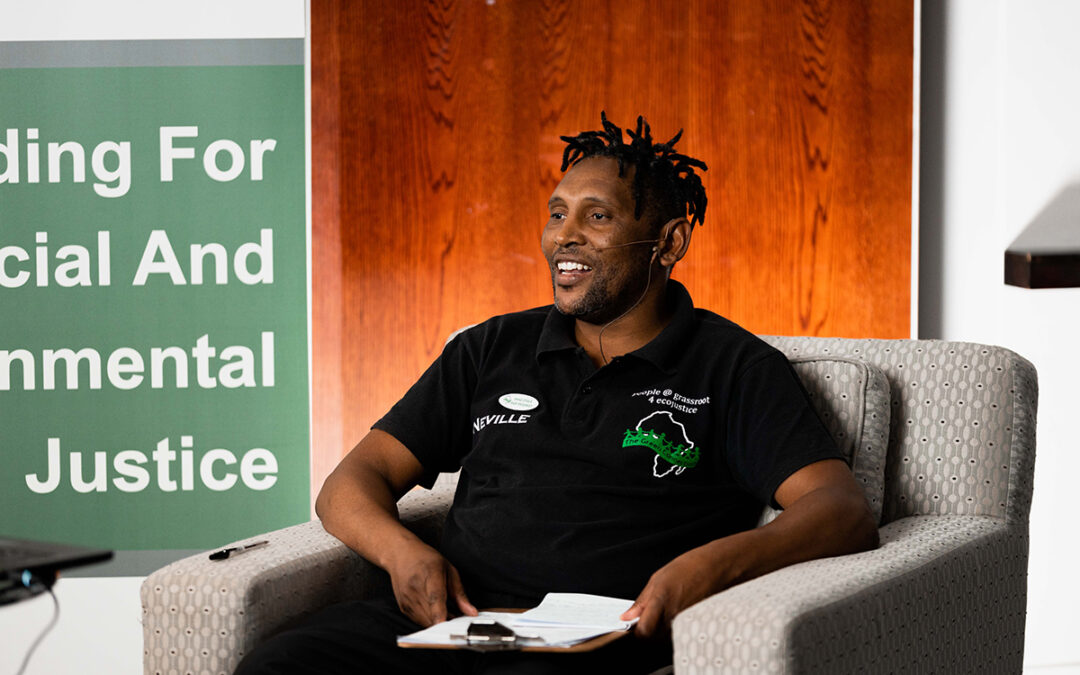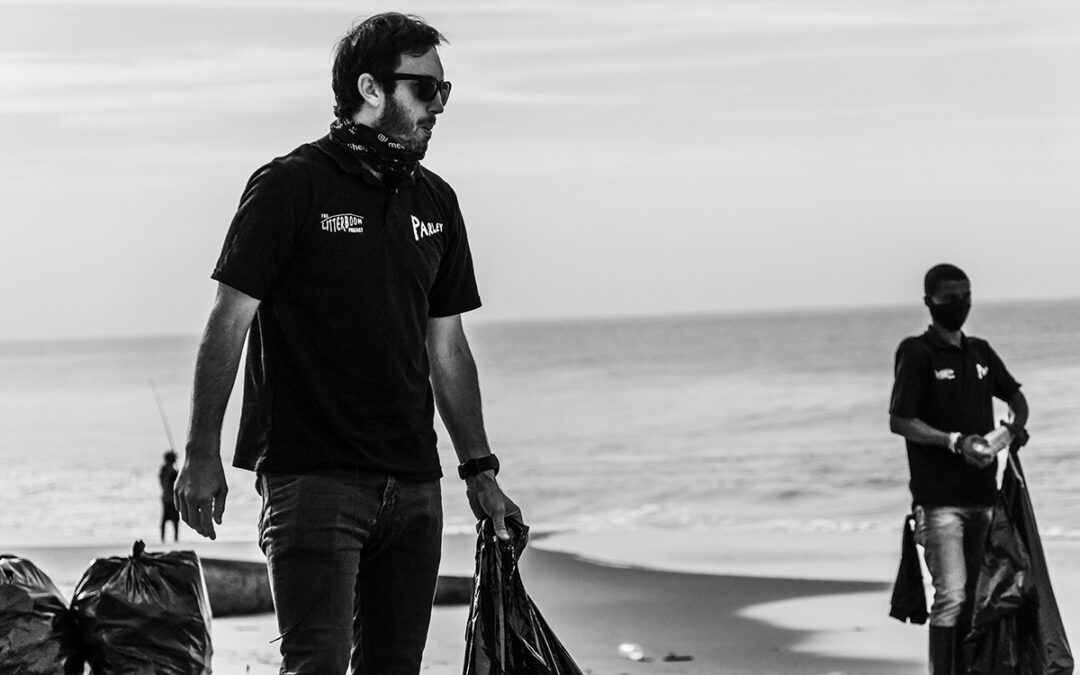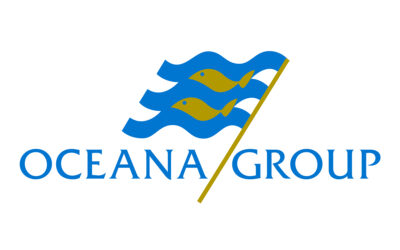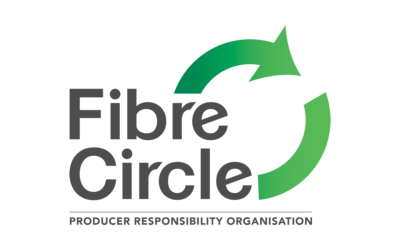When a group of local canoers noticed the deteriorating quality of the uMngeni and uMsunduzi rivers, they decided to do something. The Duzi-uMngeni Conservation Trust (Duct) was born in 2005. Since inception, Duct leader Faye Brownell and Duct public mobiliser Sanele Vilikazi are proud of how the trust’s focus has grown as it gains recognition and support.
Duct’s work includes controlling and removing invasive plants, improving waste management systems, and monitoring sewage pollution, uncontrolled sand mining operations and illegal dumping. Duct also raises public awareness about river health issues, providing access to its skilled team who create programmes to assist communities.
Brownell says the organisation has come to appreciate that it is the communities alongside the rivers who must create sustainable solutions. “Rivers are the lifeblood of our communities. How do we engage with communities so they come up with their own solutions?” she says. Duct acts as a catalyst to enable changemakers in these communities.
As Brownell points out, every person and business is reliant on water. There is no point in waiting for the government to fulfil a mandate when water is essential to every part of our life.
For Vilikazi and Brownell, in an ideal world, rivers would be safe enough for people to swim in. From source to sea, communities would be participating in the management of their local rivers and catchments with the support of organisations such as Duct. “We would have people in formal and informal structures who show care to the water waste connected to rivers and wetlands, and who would take ownership and responsibility for these resources,” Vilikazi says.
Committing to river health is not easy. Vilikazi sees Duct as a light that flickers but tries to shine brightly, hoping that other candles will brighten things up along the way.
“Rivers are the lifeblood of our communities. How do we engage with communities so they come up with their own solutions?”

